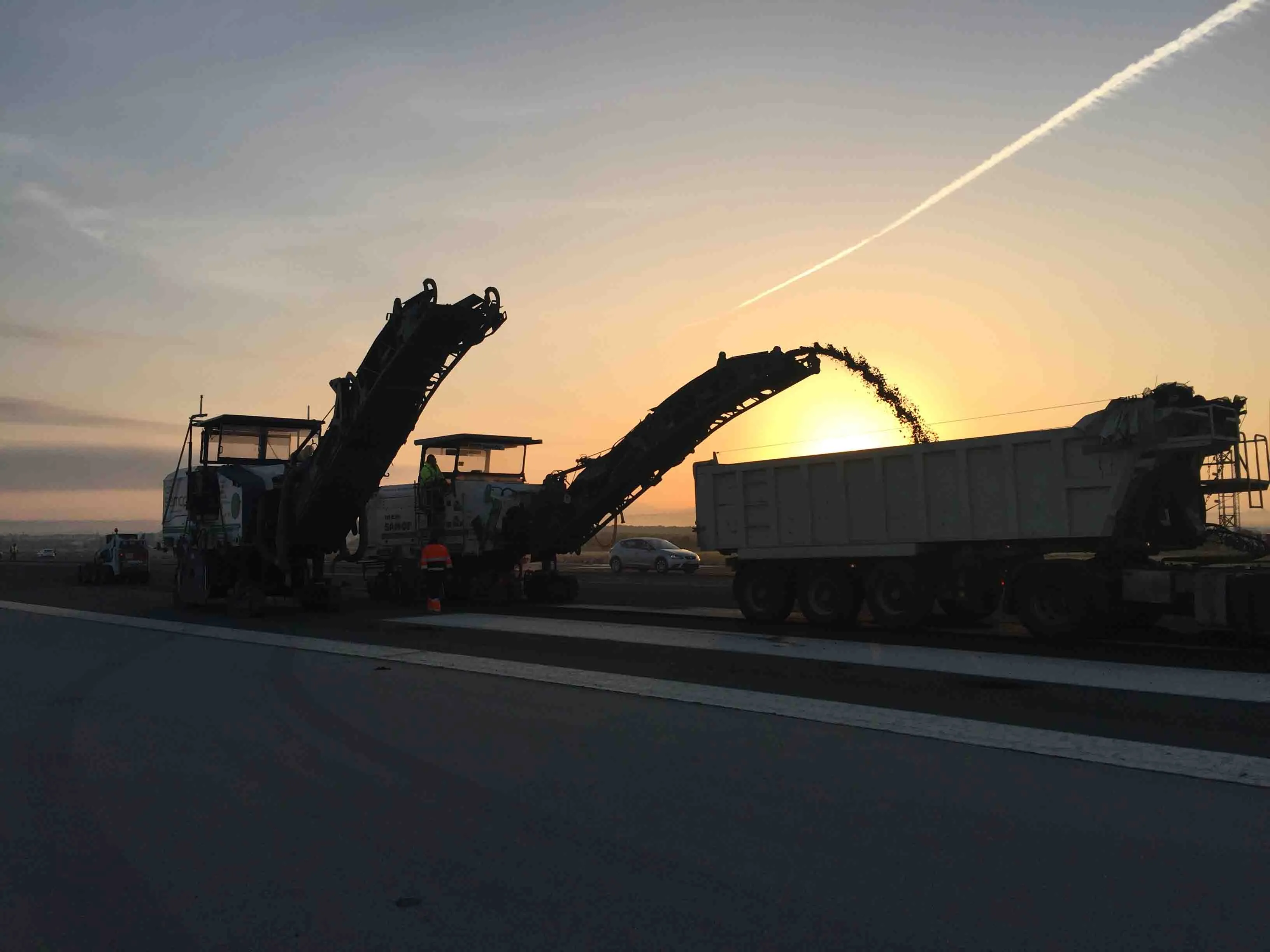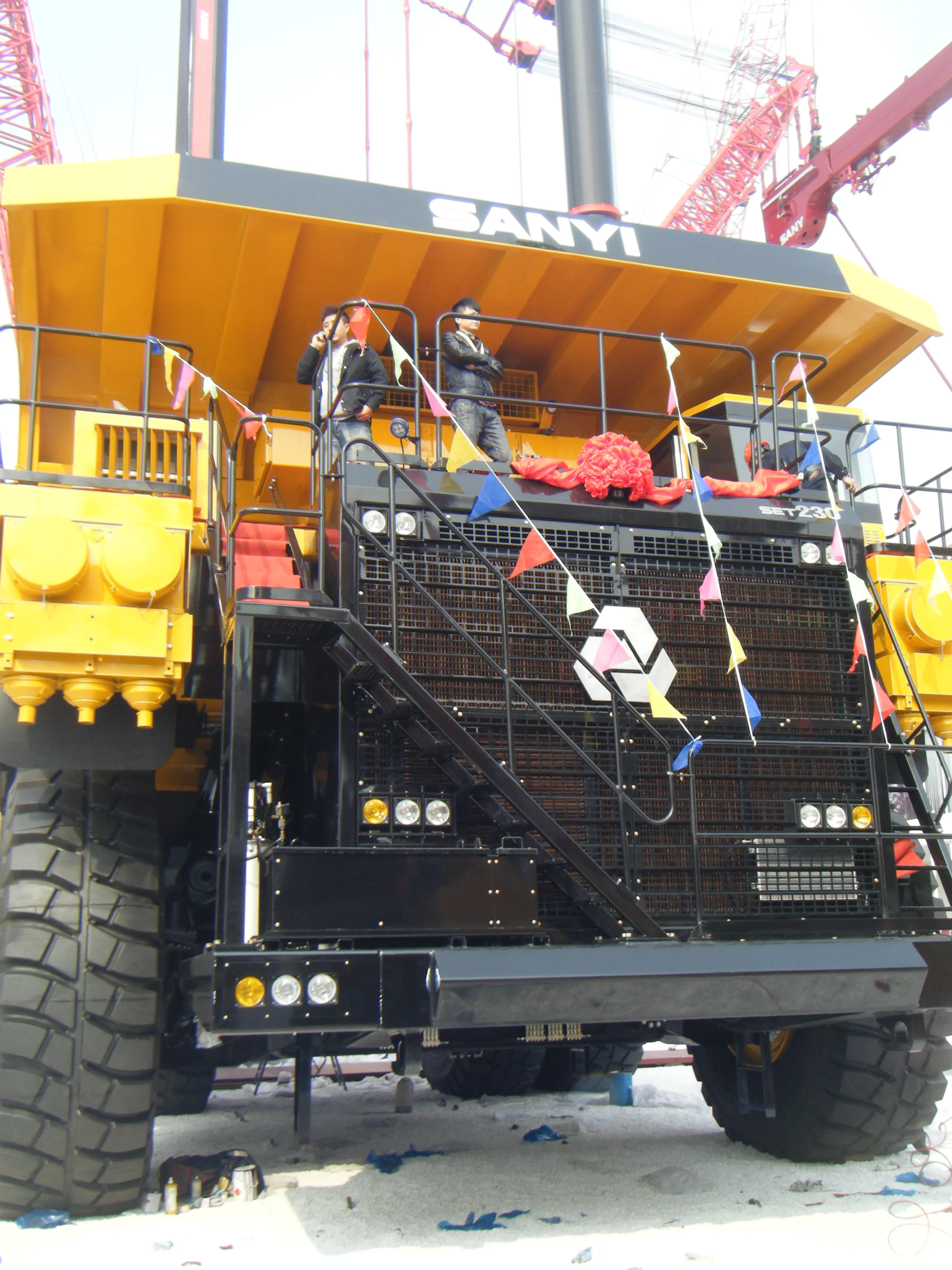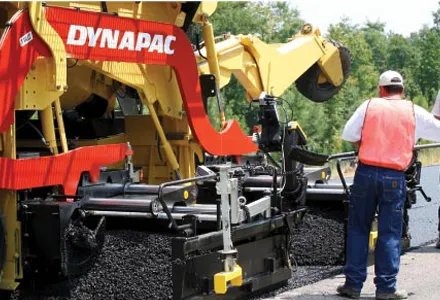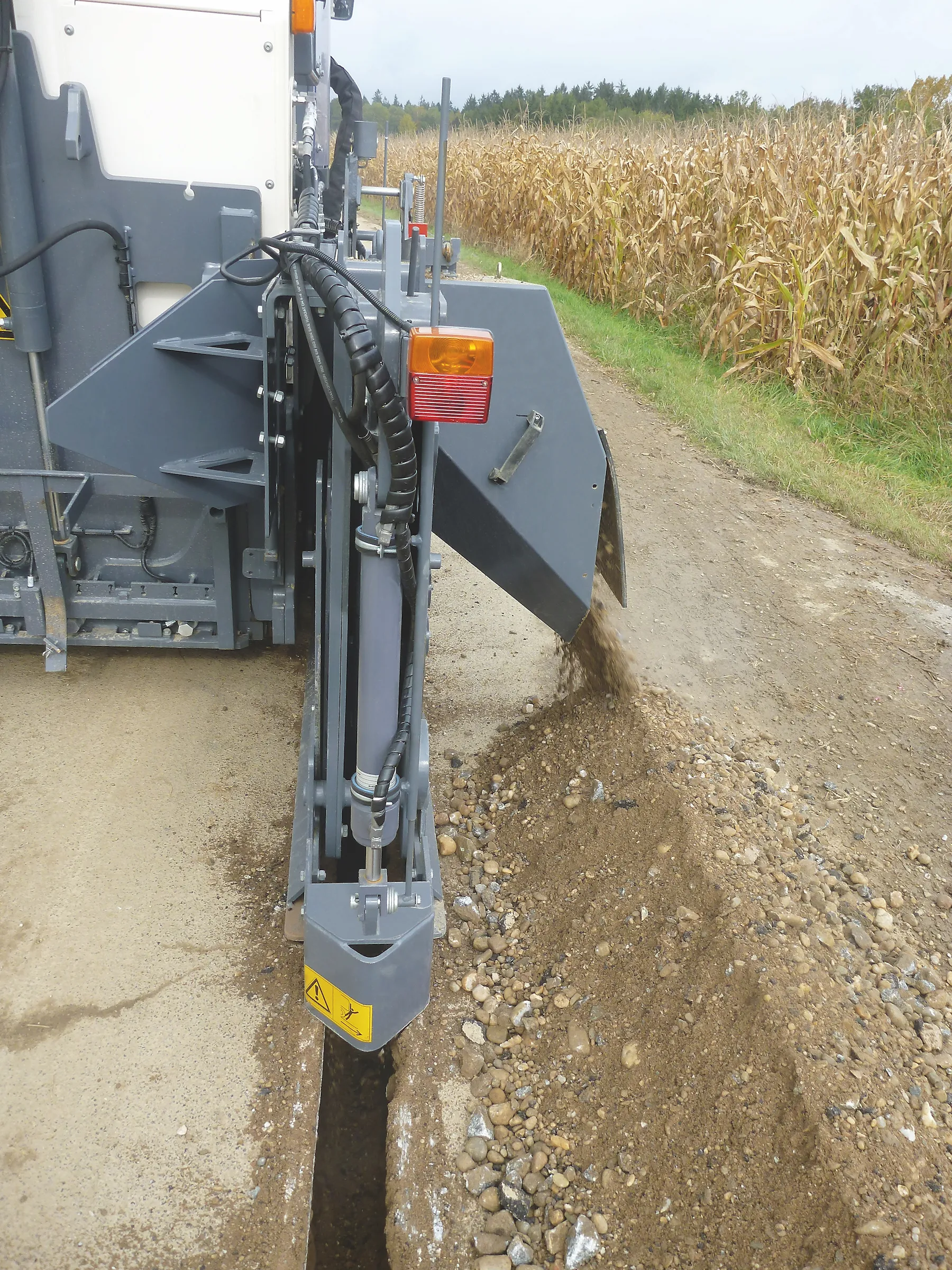Construction is now underway on the New Orbital Highway in Doha, Qatar. This project is called The New Orbital Highway contract 2 and is one of the largest projects being delivered through the Qatar’s public work authority Ashghal.
The work consists of the design and construction of 47km of highway with a five-lane dual carriageway for light vehicles and two truck lanes in each direction. It also includes six viaducts, 17 bridges and underpasses and a 320m cut-and-cover tunnel. This last is particularly
March 18, 2016
Read time: 3 mins
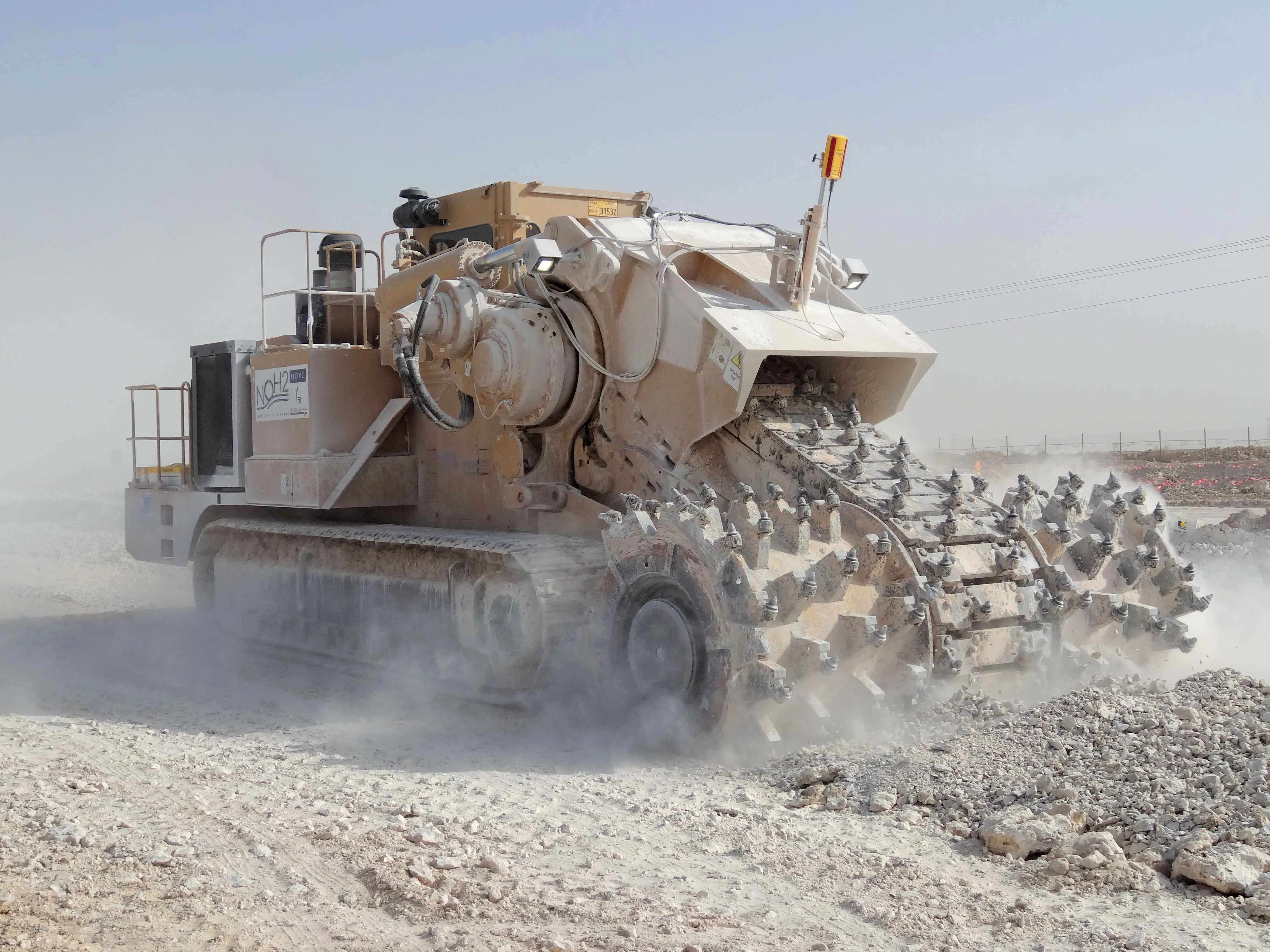
Construction is now underway on the New Orbital Highway in Doha, Qatar. This project is called The New Orbital Highway contract 2 and is one of the largest projects being delivered through the Qatar’s public work authority Ashghal.
The work consists of the design and construction of 47km of highway with a five-lane dual carriageway for light vehicles and two truck lanes in each direction. It also includes six viaducts, 17 bridges and underpasses and a 320m cut-and-cover tunnel. This last is particularly complex and includes eight grade-separate interchanges with cross roads, collectors-distributors, overpass and underpass structures, pedestrian and bicycle paths and landscaping. Major infrastructure improvements will be built as part of the project, including a new and efficient storm water drainage network, as well as treated sewage effluent networks, electrical and telecommunication networks, street lighting and substations
The joint venture firm QDVC-Bin Omran is handling the US$1.6 billion contract and the work started in May 2014 while it is due for completion within 36 months.
QDVC is a Qatari company comprising local firm3438 Qatari Diar Real Estate Investment Company and French firm 3085 VINCI Construction Grands Projets. The relationship between 2342 Tesmec and QDVC started in September 2013, when QDVC used its first Tesmec machine (Tesmec model 1475 RH) for the construction of one of Doha’s subway stations.
QDVC was convinced with the quality of the machine and the level of service provided by the local Tesmec team. As a result, QDVC then opted to purchase three Tesmec 1475 RHs for its new project: the New Orbital Highway (NOH2). Subsequently, six more units have been purchased to increase QDVC’s Tesmec fleet to nine machines. All nine are currently excavating and levelling along the 47km route.
The units purchased by QDVC are eight Tesmec model 1475 RH (Rock Hawg) and one Tesmec model 1475 CS (chainsaw). The 1475 RH is a 110tonner powered by a C18178 Caterpillar diesel delivering 470kW. The machine’s drum allows it to extract rock 3.81m wide and to a depth of 600mm.
This machine can be used to excavate rock in the conditions cost-effectively and productively, without the need for the use of explosives. Compared with blasting, mechanised cutting is a safe working method as the risk of flyrock is much reduced. From an environmental perspective any dust produced is localised (and can be controlled using water if required). Meanwhile the noise levels are low and continuous and there are no shock waves generated that can cause damage to buildings in the vicinity of the working area, so the machine can be used in urban areas with minimal disturbance.
Compared to other mechanical excavation methods (such as excavators with hydraulic rock breakers) the machine is said to be highly cost-effective. The equipment is said to be up to 15 times more productive in this type of application than a 25tonne class excavator fitted with rock cutting equipment.
The material produced by the cutting process is also uniform in size, making it easier to handle than the blasted rock produced when drilling and blasting. The cuttings are also suitable for use in backfilling or for road base applications, reducing costs with regard to buying or transporting materials to site.
Another benefit of the Rock Hawg is that the unit can be used to excavate vertical sidewalls due to the drum being wider than the machine’s own tracks. With the drum being centrally supported, the machine is also able to excavate rock with square corners so that the surface may not require any additional finishing.
The work consists of the design and construction of 47km of highway with a five-lane dual carriageway for light vehicles and two truck lanes in each direction. It also includes six viaducts, 17 bridges and underpasses and a 320m cut-and-cover tunnel. This last is particularly complex and includes eight grade-separate interchanges with cross roads, collectors-distributors, overpass and underpass structures, pedestrian and bicycle paths and landscaping. Major infrastructure improvements will be built as part of the project, including a new and efficient storm water drainage network, as well as treated sewage effluent networks, electrical and telecommunication networks, street lighting and substations
The joint venture firm QDVC-Bin Omran is handling the US$1.6 billion contract and the work started in May 2014 while it is due for completion within 36 months.
QDVC is a Qatari company comprising local firm
QDVC was convinced with the quality of the machine and the level of service provided by the local Tesmec team. As a result, QDVC then opted to purchase three Tesmec 1475 RHs for its new project: the New Orbital Highway (NOH2). Subsequently, six more units have been purchased to increase QDVC’s Tesmec fleet to nine machines. All nine are currently excavating and levelling along the 47km route.
The units purchased by QDVC are eight Tesmec model 1475 RH (Rock Hawg) and one Tesmec model 1475 CS (chainsaw). The 1475 RH is a 110tonner powered by a C18
This machine can be used to excavate rock in the conditions cost-effectively and productively, without the need for the use of explosives. Compared with blasting, mechanised cutting is a safe working method as the risk of flyrock is much reduced. From an environmental perspective any dust produced is localised (and can be controlled using water if required). Meanwhile the noise levels are low and continuous and there are no shock waves generated that can cause damage to buildings in the vicinity of the working area, so the machine can be used in urban areas with minimal disturbance.
Compared to other mechanical excavation methods (such as excavators with hydraulic rock breakers) the machine is said to be highly cost-effective. The equipment is said to be up to 15 times more productive in this type of application than a 25tonne class excavator fitted with rock cutting equipment.
The material produced by the cutting process is also uniform in size, making it easier to handle than the blasted rock produced when drilling and blasting. The cuttings are also suitable for use in backfilling or for road base applications, reducing costs with regard to buying or transporting materials to site.
Another benefit of the Rock Hawg is that the unit can be used to excavate vertical sidewalls due to the drum being wider than the machine’s own tracks. With the drum being centrally supported, the machine is also able to excavate rock with square corners so that the surface may not require any additional finishing.


